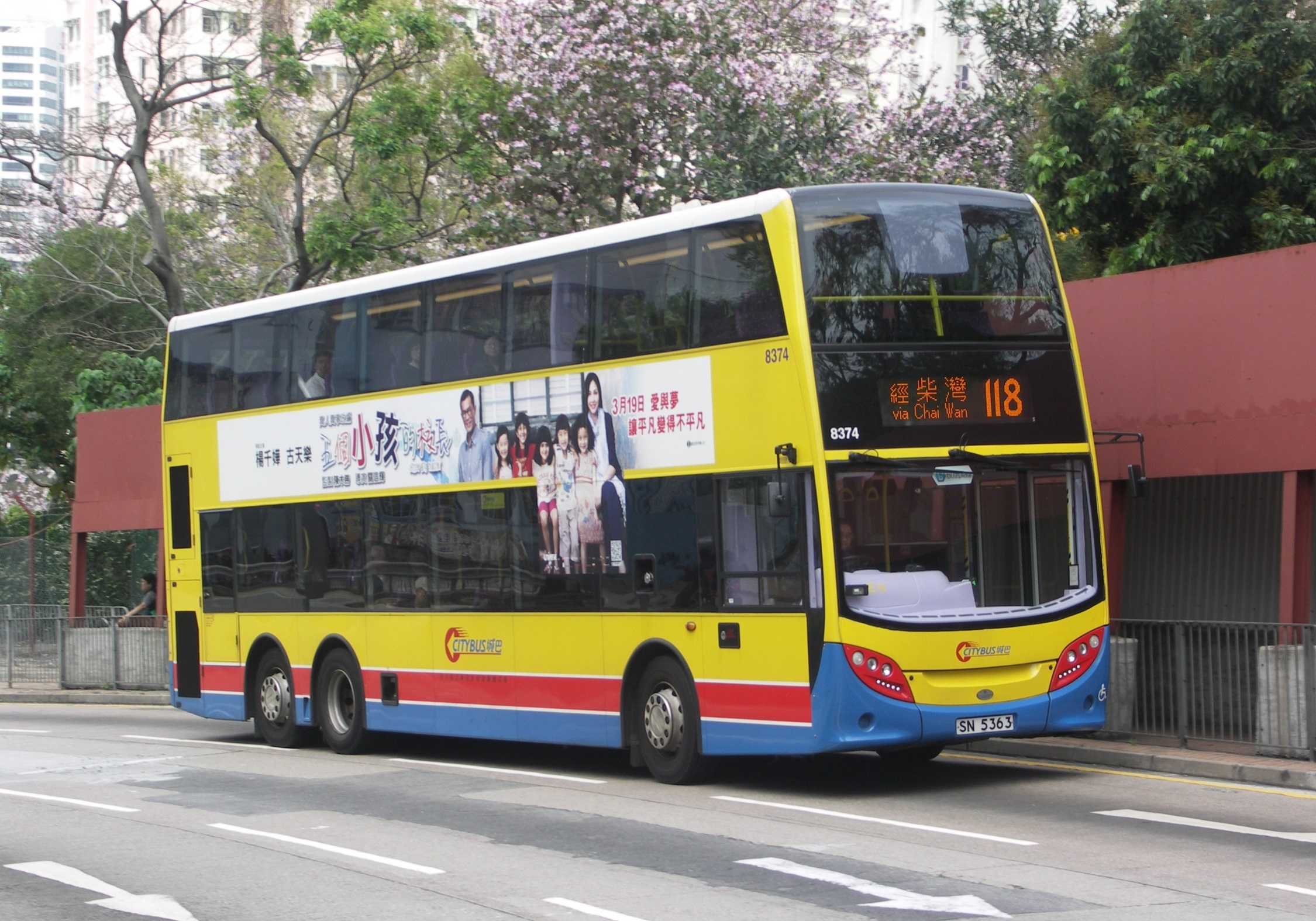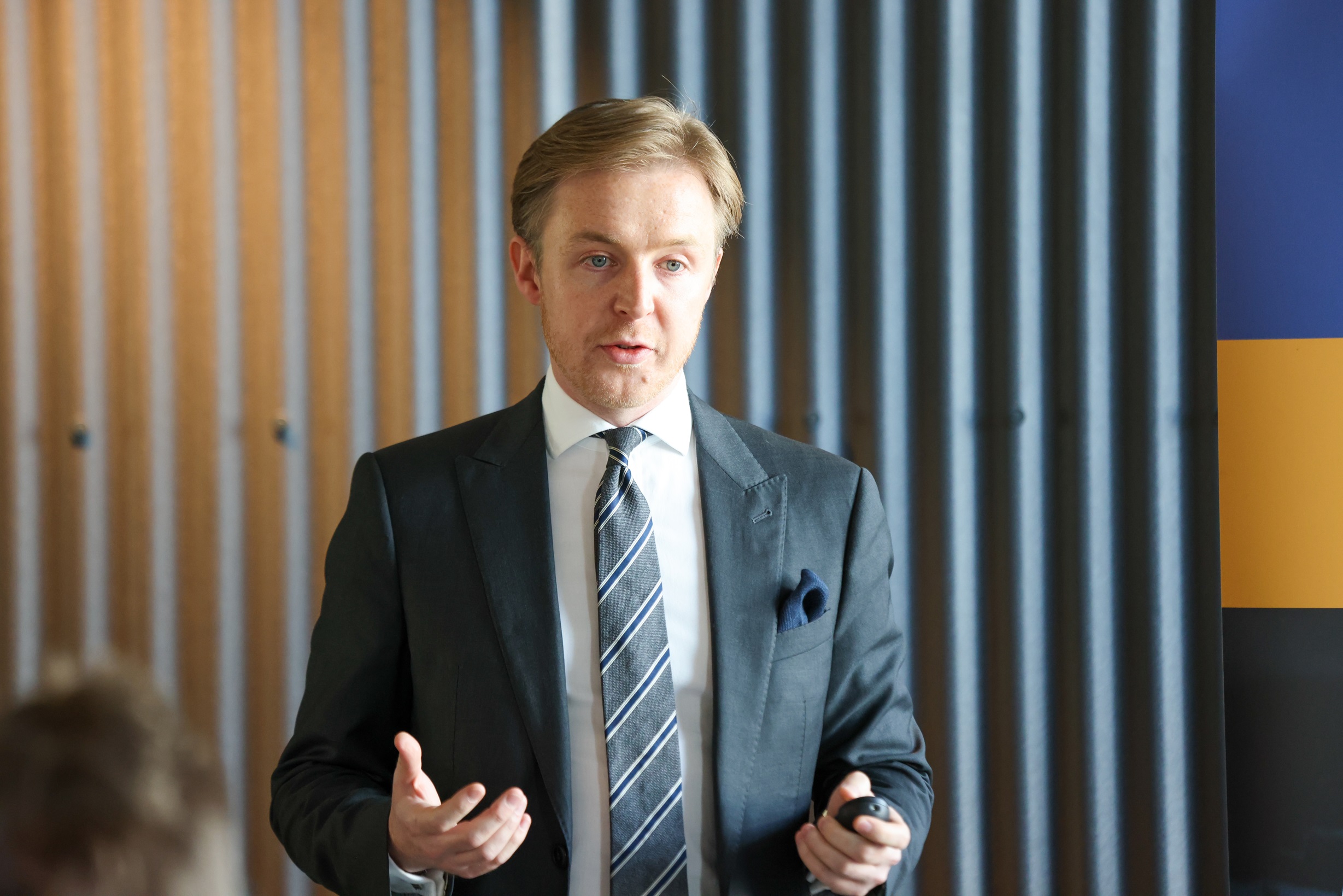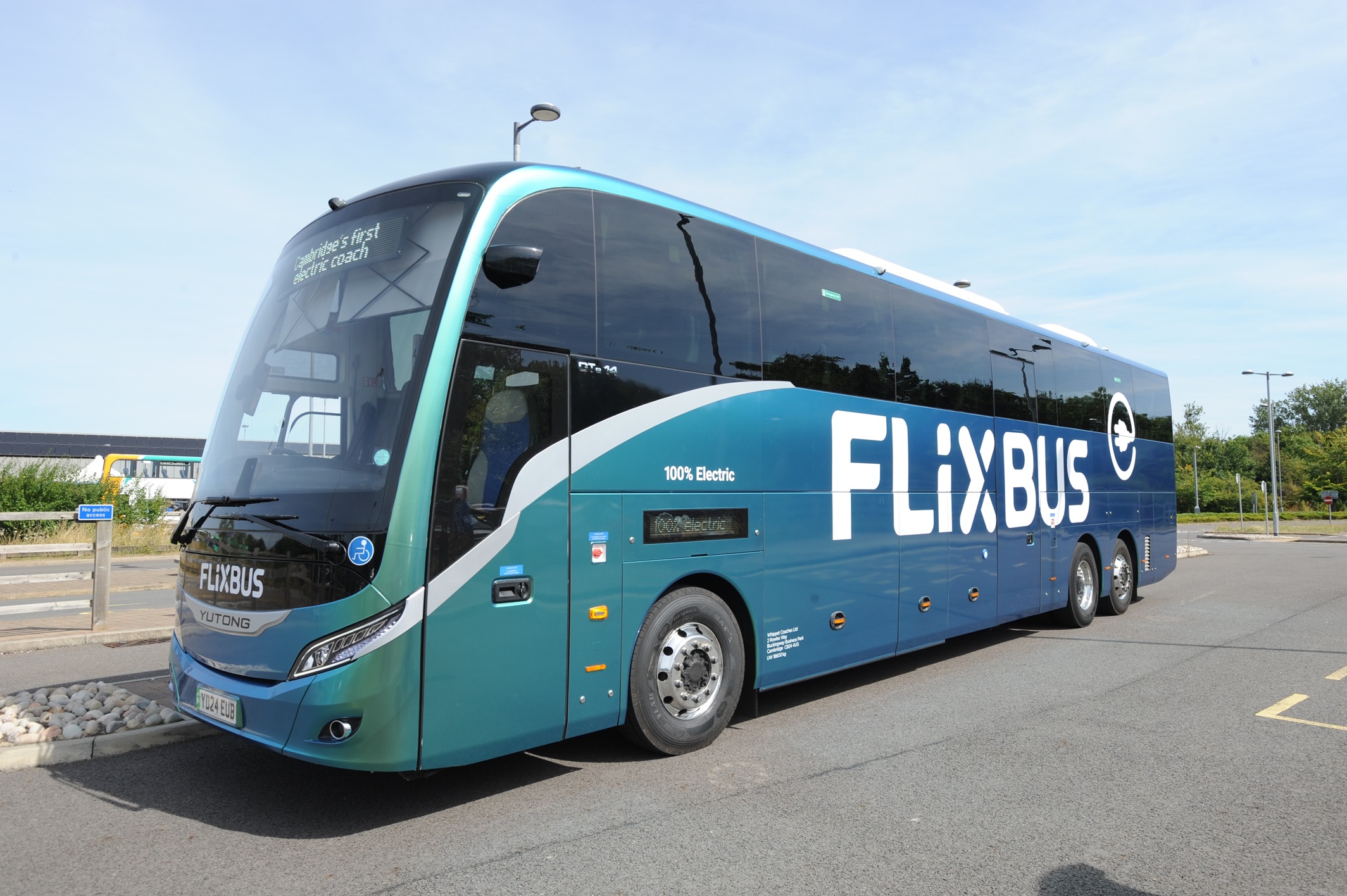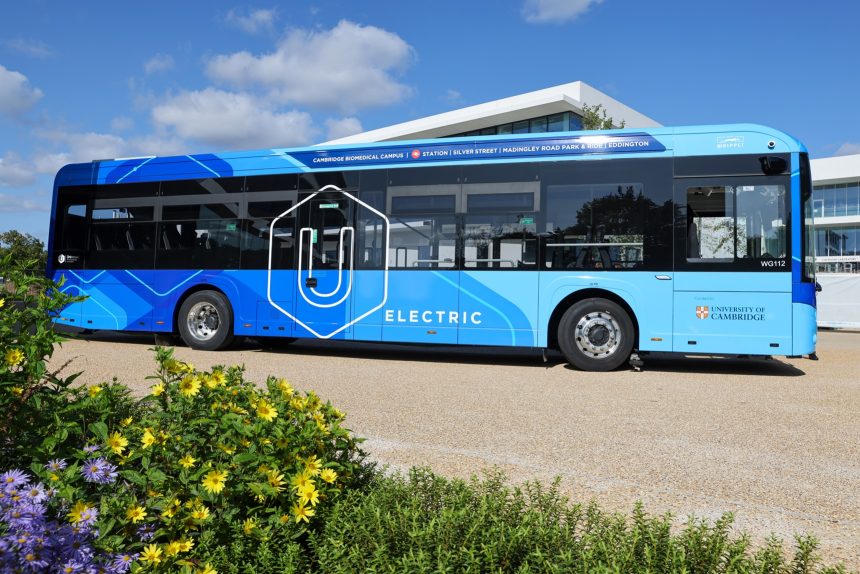Ascendal Group has made clear its advocacy of bus franchising. That remains front and centre of its view of how the industry should progress, and despite its Whippet business being an incumbent in the Cambridgeshire and Peterborough Combined Authority area, UK Managing Director Jonathan Ziebart wants Mayor Nik Johnson to advance franchising there.
The group has been successful in franchised environments in other countries, while members of its senior team achieved the same prior to Ascendal’s formation. Global consultancy is part of its work, but that is now winding down. Instead, it wants to be first a bus operator.
If Ascendal is such a consulting partner on franchising schemes, later entering as an operator is difficult. While Jonathan supports greater public control, there is a seeping worry that its growing momentum could be challenging in some areas. Will councils have the necessary resource and skills to deliver franchising and hold operators to account?
“It is vital that local authorities make clear the structure of depot and vehicle ownership early on in the franchising process,” he says. Those councils and combined authorities must also be careful that good operators are not excluded from bidding. Such a position means that Ascendal has gained a degree more caution around franchising, but it still believes that the approach should spread.
Greater focus on UK for Ascendal Group
Tendering bodies should also consider contract length if they are to generate substantial private investment. Jonathan highlights Whippet’s work with the University of Cambridge, which awarded it an eight-year contract for the Universal service. That gave the operator confidence to invest in zero-emission vehicles and other improvements.
Ascendal plans to bid for franchise contracts tendered by the Liverpool City Region Combined Authority. Other areas are also of interest, subject to how arrangements are structured by the respective local authority.

The group recently disposed of its minority stake in Bravo Transport in Hong Kong. Ascendal Founder and Executive Chairman Adam Leishman held the CEO position with Bravo, but he will now be more visible in Ascendal’s UK work.
Franchising domestically is a longer-term project for Ascendal. The here and now is Whippet. Jonathan acknowledges that it was in a difficult position from 2020. “Whippet had been left to ‘float’,” he explains. In 2023, with Ascendal’s work in Hong Kong going well, Jonathan took up leadership of the group’s UK business. With that came responsibility for fixing Whippet.
Whippet needed turnaround work, new MD reports
“We needed to focus on what was wrong and turn it around,” he recalls. The post-2020 period had challenged the business, and it was losing money. Management team job descriptions were rewritten. Costs were another problem. While supplier contracts were addressed, money saved went to ongoing business transformation.
That includes improvement to staff facilities, introduction of a monthly family day, and focus on lost mileage. Jonatham acknowledges that on-road performance was below par. It was constraining Whippet’s ability to grow income and had to be dealt with.
That is being righted and strong patronage and revenue growth is following. Whippet is now a profitmaking business. While franchising exploration makes the long-term outlook in Cambridgeshire difficult to predict, Jonathan views mayoral precept funding for bus services there as a major positive. It is already starting to deliver improvements.
“The peak vehicle requirement will grow off the back of that,” he says. Another key to the turnaround was righting the dynamic between drivers and management. Wages have risen, but Jonathan points to ‘added value’ items as being equally valuable.

Communication important for Ascendal Group
“Talking to staff is also important,” he continues. Since becoming chief of Whippet, Jonathan has ensured he is visible in the business, both at depot and on buses. Drivers knowing that the Managing Director is around is useful. A policy of offering 15-minute slots to staff to meet with him is equally beneficial. It is not often taken up, but when it is, the results are positive.
Niceties aside, that does not mean poor job performance is tolerated. “My first few months at Whippet were painful, because lots needed to change,” Jonathan notes. That included a small minority of drivers. In one week, seven out of an establishment of 120 left. That was a difficult time, but it was ultimately worthwhile.
A focus on standards also involves Freeway Fleet Systems. Its app will monitor many of the operator’s processes, including driver walk-round checks. “I want to know what staff are doing; not to micromanage, but roles are now clearly defined, and Freeway gives scope to monitor that things are being done properly,” he says.
Whippet scheduled coach operations for FlixBus (see below) may be split to a more strategic location that could open a door to other coach work. Any success via franchising in other areas may enable coach operations there. “Whippet is in a good place now. We are an ‘open’ business, and we want to maximise our O-Licence authorisation over the coming six months,” Jonathan concludes.
Whippet opens FlixBus UK trial of Yutong GTe14
The launch of a trial of a battery-electric Yutong GTe14 by Whippet and FlixBus represents just the start of a journey towards zero-emission coach travel, the partners say.
The demonstrator, provided by Pelican Bus and Coach, began operation on the FlixBus route between Cambridge and London on 14 August and is running twice per day for a six-week period. Charging for the 123-mile round trip is taking place at Whippet’s Swavesey depot.
It follows a three-month pilot by FlixBus of its first electric coach service in the UK between London and South Wales operated by Newport Transport. That involved a Yutong TCe12.
Andreas Schorling, Managing Director of FlixBus UK, says of the success of that trial: “It was a great start. We are obviously on a long-term journey in the development of green technologies. We ran it for the time we set out to do it and didn’t have any significant hiccups, so for us that was an important proof point that the technology can cover point to point.
“Now we are happy to be able to take that journey to the next step to trial this with a new vehicle with the latest technology, so for us it is a very natural progression.”
The choice of Whippet to continue that “journey” was easy, the FlixBus UK boss says. Whippet is one of the travel giant’s longest established partners in this country and the GTe14 trial furthers a three-year-long relationship.
Speaking in Cambridge of the decision to use the service to London for the trial, Andreas says: “Working with Pelican as a reseller of Yutong, this is the latest version of the product, and it is the best technology we’ve seen so far.”

While battery-electric is a clear leader in the move away from diesel for bus, the much more complex route for coach services brings hydrogen and biofuels into the equation.
Jonathan adds that, whichever route is taken, charging and refuelling infrastructure are likely to pose a major obstacle currently. “We have invested in our zero-emission infrastructure, and we have some very fast chargers at our depot,” he says. “The slight challenge for us and FlixBus is the lack of charging infrastructure in London. So, to access any, we have to go to a third-party operator and that presents a number of challenges.
“Hydrogen gives possibilities in the future, but it comes down to the same issue of where you fill up.”
He points out a contrast with Hong Kong, where Ascendal was able to successfully launch hydrogen buses due to good infrastructure. He adds: “A lot of what happens across government policy investment will help influence how we can operate these businesses.”
Remaining on a political note, Andreas responds to the campaign for the government to financially incentivise operators to use biofuels as a shorter-term solution.
He says: “If we look historically at most of the technology shifts that happen in society, they are often incentivised by the government to get things started. Typically, it is challenging for private enterprise to bear the cost of technology shift because it involves so many stakeholders that the burden has to be shared. I think we need to have a broader discussion regarding which fuels we should incentivise and where the government should support.”



























